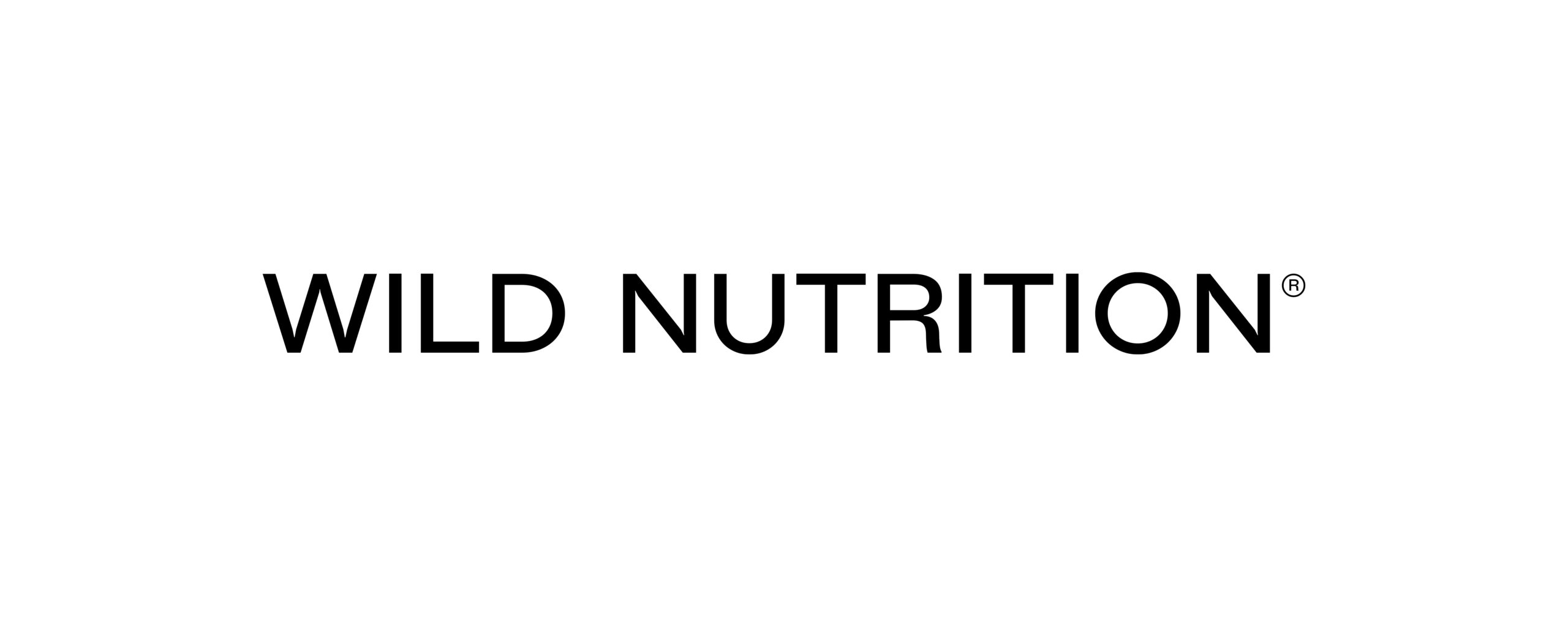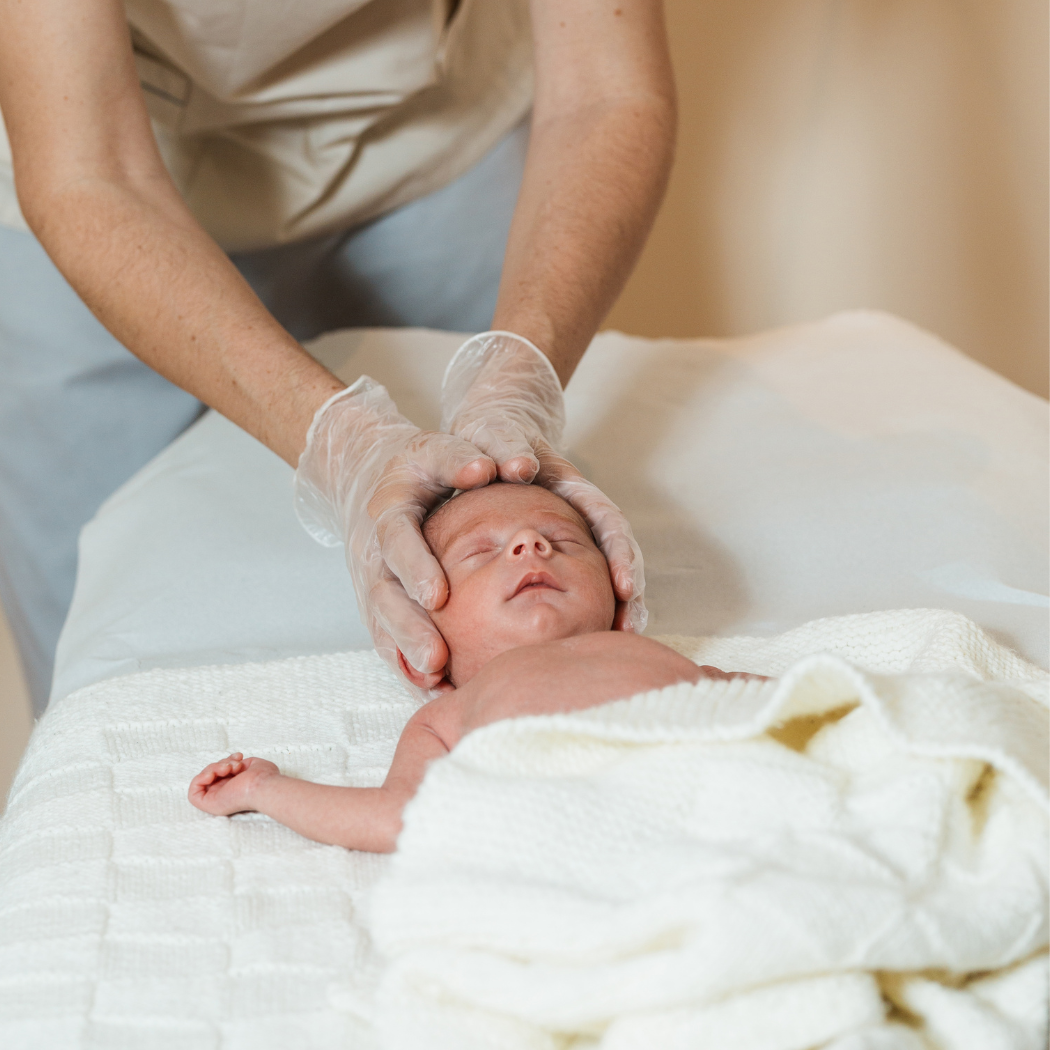

Ensuring you have adequate Vitamin C during pregnancy is important for antioxidant status and immunity, but what’s less well known is that it also plays a role in the production of progesterone, a key hormone for maintaining a healthy pregnancy. Stock up on some berries, citrus and dark leafy greens with your next food shop. We can’t store Vitamin C so having a daily intake is important. On average we want 85 mg daily which is roughly half a cup of red pepper or 1 large orange.
Hydration is key for health, it helps transport oxygen (via blood), vitamins and minerals around the body and to excrete waste products. This becomes especially important as pregnancy progresses as your blood volume increases and you need sufficient amniotic fluid. Aim for 6 to 8 cups or glasses of fluid a day. Also opt for high water content foods such as cucumber, melon and tomatoes which will also help to increase hydration.
Protein is the building block of life, every cell in our bodies contains protein so adequate intake is essential for growing new life as well as for immunity and good bone + muscle health and recovery. On average before pregnancy, we need 0.75g of protein per kilogram of body weight however this need does vary depending on exercise output. When you are pregnant the requirement increases to around 0.8g/kg in the first trimester and 1.1g/kg in the second and third trimesters. Sources include good quality meat and fish, legumes, nuts + seeds.
Like Vitamin C, B6 helps improve progesterone levels and supports hormone balance. Research suggests that low B6 and zinc levels can increase the severity of morning sickness in some women too. During pregnancy, you need around 1.9 mg daily, good sources include chickpeas, salmon, and poultry.
Iron is needed for the transportation of oxygen around the body as well as an optimally functioning immune system and energy production. It is not uncommon to see low iron in pregnancy due to low dietary intake and the extra demand for your growing baby. During the third trimester your baby will accumulate 2mg of iron a day and they will use these stores to transport oxygen for the first 0-6 months of their life. Good sources include Red meat + seafood, cannellini beans, chickpeas, lentils and spinach.
Essential for a reason, our bodies can’t make these essential fatty acids which means we rely on dietary or supplemental intake. Omega 3 is needed for hormone balance and production which are necessary for a healthy pregnancy. It is also important for maternal eye health and infant eye development as well as maternal brain health and infant brain development. Good sources include oily fish such as salmon, mackerel, anchovies, herring, sardines and trout. You should aim for 1-2 portions per week or take a high DHA supplement such as our Pregnancy + New Mother Omega 3.
During pregnancy, magnesium can be a safe and gentle mineral for soothing common complaints such as muscle aches and pains, trouble sleeping and headaches. It is also important as you near the end of pregnancy as it helps with promoting muscle contraction during labour and postpartum healing. Good sources include Dark leafy greens, nuts and seeds, and good quality meat and fish.
This is the nutrient you may have heard of first when you were looking to conceive or became pregnant. It is important for foetal growth & development as well as protection from neural tube defects. Most people look for folic acid in a supplement but in nature this doesn’t exist, you will only find folates in plants. This is why at Wild Nutrition we only use naturally occurring folate in our formulas including our Pregnancy + New Mother Multi which is suitable for those with variations of MTHFR gene.
For the first 14 weeks of gestation, your baby doesn’t yet have its own thyroid, so it relies on maternal thyroid hormone production. This is important for growth and nervous system development and has even been linked to IQ. People following a strict vegetarian or vegan diet will need to be mindful to have this within their pregnancy supplement to keep levels optimal. Good sources include seafood, dairy, eggs and seaweed.
Last but not least Vitamin D which is important for a well-functioning immune system, bone, tooth and muscle development in your baby as well as protecting your bone, tooth and muscle health during pregnancy. We get very little Vitamin D through our diet alone (around 10%) which makes it an important nutrient to supplement during pregnancy, especially during the darker months of October – April. Most pregnancy multis will contain Vitamin D but it is still important to have your levels checked as some people need a higher dose than others due to the way they metabolise Vitamin D.
If you enjoyed learning about this topic, the PregnaHub® app is full of mind and body supporting activities, expert advice and classes. We are here for you every step of the way!
 About the author:
About the author:Sasha Parkin is a Clinical Nutritional Therapist at Wild Nutrition with a key focus on women’s health. Sasha has worked in the nutrition industry for 6 years, supporting training the future practitioners of today and writing for key wellness thought leaders to educate on nutrition and lifestyle medicine. Wild Nutrition offers free 15-minute expert nutrition consultations (telephone or Zoom) including a dedicated service for pregnancy nutrition and safe supplementation.
Website: www.wildnutrition.com
Instagram: Wild Nutrition
LinkedIn: Sasha Parkin


It's never been more important to use evidence-based information to make decisions and feel supported in what you feel is best for yourself and baby.

A gentle and effective approach to supporting your baby's wellbeing.

Pregnancy and parenthood bring big changes, and without the right support, they can lead to increased stress, time away from work, and employees feeling they have no choice but to leave.